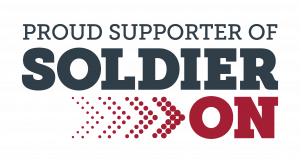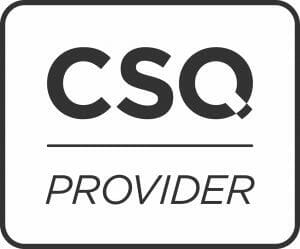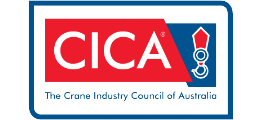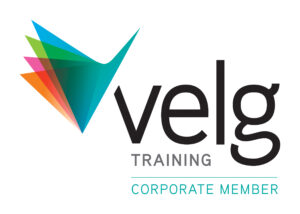Kallibr Training (RTO 32365) offers chain of responsibility training to ensure everyone involved in the supply chain is aware of their responsibilities and can act safely under the national heavy vehicle laws.
We offer two different courses – COR1 for general staff and COR2 for supervisors and management teams.
What is chain of responsibility training?
Chain of responsibility (COR) training is a specific course for anyone associated with the supply chain and transport industry.
Introduced by the National Heavy Vehicle Regulator, the COR laws recognise that everyone in the heavy vehicle transport supply chain has a duty of care to ensure the safety of their transport activities.
As Australia’s primary regulatory body for all heavy vehicles over 4.5t, the Regulator enforces the Heavy Vehicle National Law or HVNL. This ensures consistency across heavy vehicle laws across different states. A key part of this is ensuring all parties involved understand the chain of responsibility.
In simple terms, chain of responsibility laws seek to minimise potential harm by doing all that is reasonably practicable to ensure safety.
The COR laws recognise that multiple parties may be responsible for offences committed by the driver or operator of a heavy vehicle. If a driver acts in an unsafe way, there may be multiple people at fault, such as the employer putting undue time pressure on a driver to make a delivery, the loading manager for not securing goods safely, or the scheduler who may not allow the driver adequate rest in between runs.
In short, operating a safe supply chain is a joint effort, and anyone who plays a part in getting goods from point A to point B safely should be aware of how their actions can affect others.
As a party in the supply chain, the best way to ensure you and your team remain safe is to take a chain of responsibility course, which is available as either COR1 or COR2.
What is the difference between COR1 and COR2?
The two most commonly requested nationally recognised qualifications in the chain of responsibility are known as COR1 and COR2 training.
- TLIF0009 – Ensure The Safety Of Transport Activities (COR Level 1)
- TLIF0014 – Monitor The Safety Of Transport Activities (COR Level 2)
The COR Level 1 course covers general awareness for frontline staff who work in the supply chain making it more suited to general staff.
The Level 2 course builds on this knowledge to target the different business activities of supervisors, managers and directors.
What is covered in chain of responsibility training courses?
On completion of the course, participants will be able to identify all the different parties involved in the supply chain, and understand the shared responsibility they have to keep everyone safe.
Trainees will also understand how to:
- Comply with chain of responsibility as outlined in the HVNL
- Identify breaches or failure to comply with chain of responsibility
- Ensure speed and fatigue are managed safely
- Assess vehicle dimension and mass limits, and ensure loads are secured
- Understand heavy vehicle safety standards, the risks involved and how to document issues
For people interested in the Level 2 course, this covers the above topics plus additional material such as:
- How to set up chain of responsibility workplace policies and procedures and communicate these to staff
- Industry practices for reporting risks involving transport activities
- Undertaking due diligence activities
- Allocating resources responsibly
- Implementing risk control measures
Where to find chain of responsibility training in Melbourne, Sydney and Brisbane
Chain of responsibility training is essential for all members of the heavy vehicle transport industry.
For courses in Melbourne, Sydney and Brisbane, Kallibr Training conducts on-demand training for both TLIF0009 (COR Level 1) and TLIF0014 (COR Level 2), giving participants a nationally recognised Statement of Attainment on completion.
Training can be conducted at our facilities in Laverton, Carrum Downs, Salisbury, Ingleburn or Arndell Park. Give Kallibr Training a call for more information or contact us to schedule a training session for you and your team.




